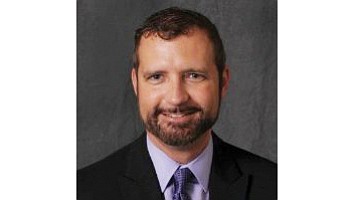City developing policy, procedure for admissions tax
Jeremy M. Lazarus | 5/4/2018, 8 a.m.
The director of the Richmond Finance Department will not seek legislation to reform the assessment and collection of admissions taxes.
Instead, John B. Wack said he is working with the office of City Attorney Allen L. Jackson to develop “a detailed policy and procedure” for staff to use in dealing with the tax and its collection.
Mr. Wack provided that information to Richmond City Council during a budget review session and restated it to the Free Press in response to a query.
The issue of the admissions tax was on council’s radar screen, but came to public attention following a Free Press report in the April 26-28 edition that Mr. Wack eliminated about $240,000 in past due taxes, penalties and interest on ticket sales for the Richmond Jazz Festival.
Mr. Wack took the action, according to sources, after finding the city’s law regarding the tax was “ambiguous” and could not be enforced against the festival.
The City Code requires that “any person receiving any payment for admission to any place of amusement or entertainment” collect the 7 percent tax, unless there is a specific exemption, such as for a museum and botanical garden.
Mr. Wack’s decision upheld the position of Johnson Inc., the company that stages the festival. The company argued for four years that it was not required to collect admissions tax for the jazz festival because it was held at Maymont, which is exempt from the tax, according to a source. The festival rents Maymont, which is listed as a community partner for the festival and run by a nonprofit foundation.
Prior to Mr. Wack’s decision, the Finance Department had rejected Johnson Inc.’s position, found that Maymont’s exemption did not apply and had undertaken several collection efforts, the sources told the Free Press. Individual taxpayer information is not public information.
In his response to the Free Press, Mr. Wack stated that he told City Council members that he had requested “some of the City Code language be modified,” but he said the City Attorney’s Office preferred to work with his department on developing a detailed policy and procedure for his staff.
Mr. Wack said the “policy and procedure hasn’t been finalized, but it won’t be introduced as legislation.”







